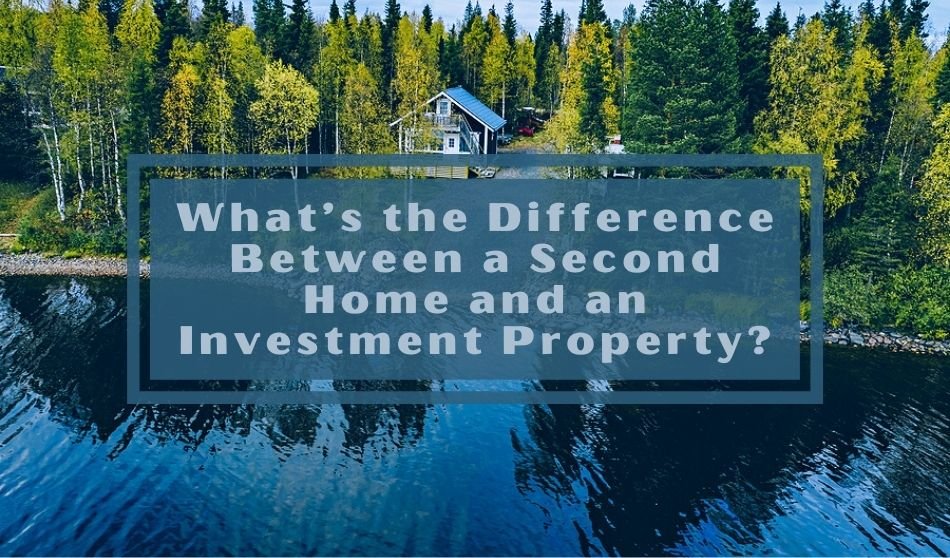It's not just about how frequently you rent it out. Second homes and investment properties are not the same things, despite their superficial similarities. If you're considering purchasing a new home, deciding which type to purchase is a critical first step. Your mortgage rates, the amount of your required down payment, and even whether you are allowed to claim tax deductions will all depend on whether you are purchasing a vacation home or an investment property. Let's look at the differences between second homes and investment properties to see which one is best for you.
What Is the Difference Between a Second Home and a Rental Property?
Second Home Investment Property Purpose To stay in a while on vacation, typically in a different location than your primary residence. For the sole purpose of earning money Mortgage rates It could be more expensive than a primary residence but less expensive than an investment property. Often more expensive than a primary residence or a second home. Down payment requirements Higher than for a primary residence but lower than for an investment property; it could be as low as 10%. Higher than for a primary residence or a second home; usually between 15% and 25%. Other qualifying requirements If you haven't paid off your primary residence, you'll need to be able to cover two mortgages; there may be geographical, property type, or use restrictions. It's possible that you'll need to show proof of rental income. Tax treatment You can deduct some expenses; taxes will vary depending on whether and how often you rent it out. Taxes must be filed; some deductions may be claimed.Purpose
A second home is a property that you purchase for vacation purposes only and do not intend to live in full-time. For example, you could buy a cottage to visit on weekends during the summer or a condo at a ski hill to visit during the winter. Even if you rent out your second home when you're not using it, the IRS considers it a vacation home because you use it for personal reasons. Your taxes will be affected by how often you rent it (see below). An investment property is a home that you buy, intending to rent it out rather than living in it. You may intend to rent it out, sell it for a profit, or do both.Rates on Mortgage
Second-home and investment-property mortgages typically have higher rates than primary-home mortgages. Your rate, however, will be determined by your credit score, debt-to-income ratio, mortgage type, and term. However, because many lenders consider investment property mortgages to be riskier than second-home mortgages, you'll typically pay a higher rate for one. They may believe it is easier for you to walk away from the property and default on your mortgage because you won't be using it yourself. Important: A Department of Veterans Affairs loan (VA loan) cannot be used to purchase a second home or investment property. FHA loans are usually limited to primary residences, but in certain circumstances, they may allow the purchase of a second home for non-recreational purposes.Requirements for a Down Payment
Because many lenders consider investment properties to be riskier than second homes, they will often require you to put down a larger down payment right away. Depending on the size of the investment property, you can expect to pay 15 percent to 25% of the sale price as a down payment. However, depending on your lender, you may be able to put down as little as 10% on a second home.Requirements for Other Qualifications
If you want to get a mortgage on a second home while you're still paying off your first, you'll need to show that you can handle both mortgage payments. But if you're purchasing an investment property, your lender might count up to 75% of your anticipated rental income as qualifying income. It lowers your debt-to-income (DTI) ratio, which may make it easier for you to qualify for a mortgage on an investment property. Because your second home is typically used as a getaway or vacation home, your lender may place geographical restrictions on it, such as requiring it to be a certain distance from your primary residence. Such limitations do not apply to investment properties. Your lender may also impose restrictions on the type of property you can buy as a second home. Fannie Mae, for example, requires that your second home be:- A single item
- You have complete control over the situation.
- You occupy it at least once a year.
- The property is suitable for year-round use.
- This is not a timeshare.
- Treatment in Taxes


